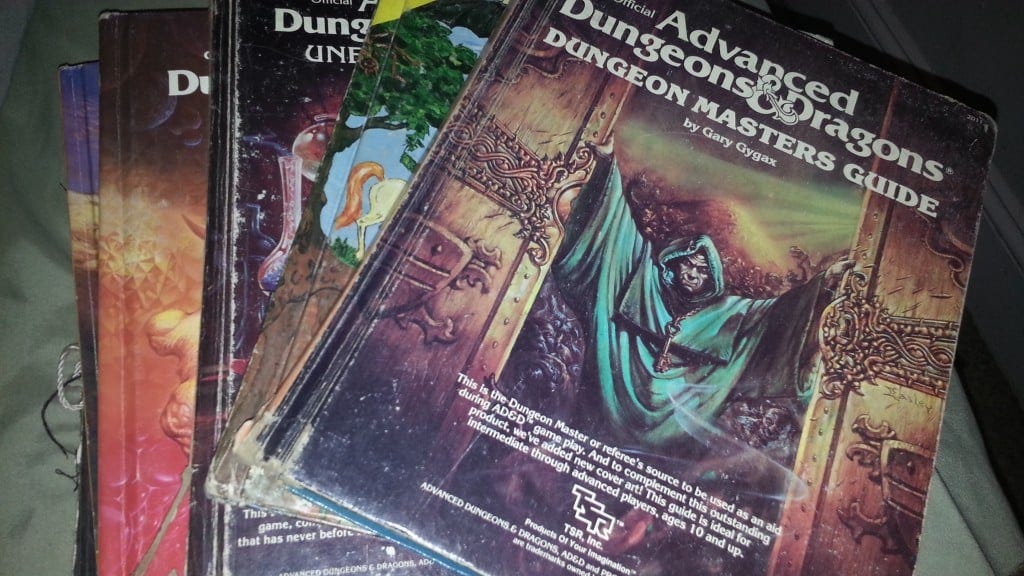Character Attributes
I played an awful lot of Dungeons and Dragons (D&D) as a kid.
We seemed to have an unlimited amount of free time to fill, and my friends and I were eager to take advantage of every moment. We’d spend summer afternoons when we weren’t in school playing D&D, and on weekends, we’d have marathon sessions that sometimes lasted well into the early morning hours.
I drew a lot of creative energy from a lot of sources during middle and high school, but there was probably no activity that generated more creative thought than playing D&D with my friends. Sure, I read a lot of books, drew comics, and took advantage of the most eclectic and interesting shows on TV, but Dungeons and Dragons was a different sort of activity.
For one thing, it was collaborative, unlike the other creative activities I mentioned. It meant several friends staying together for several hours at a time, then agreeing to meet up again for another session. This was probably my first foray into project management, sinc…
Keep reading with a 7-day free trial
Subscribe to Goatfury Writes to keep reading this post and get 7 days of free access to the full post archives.


